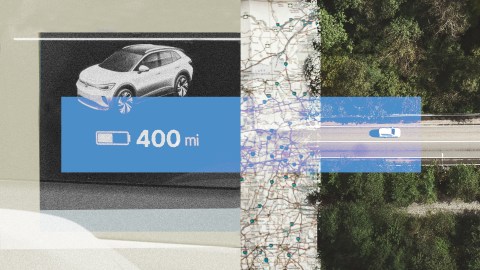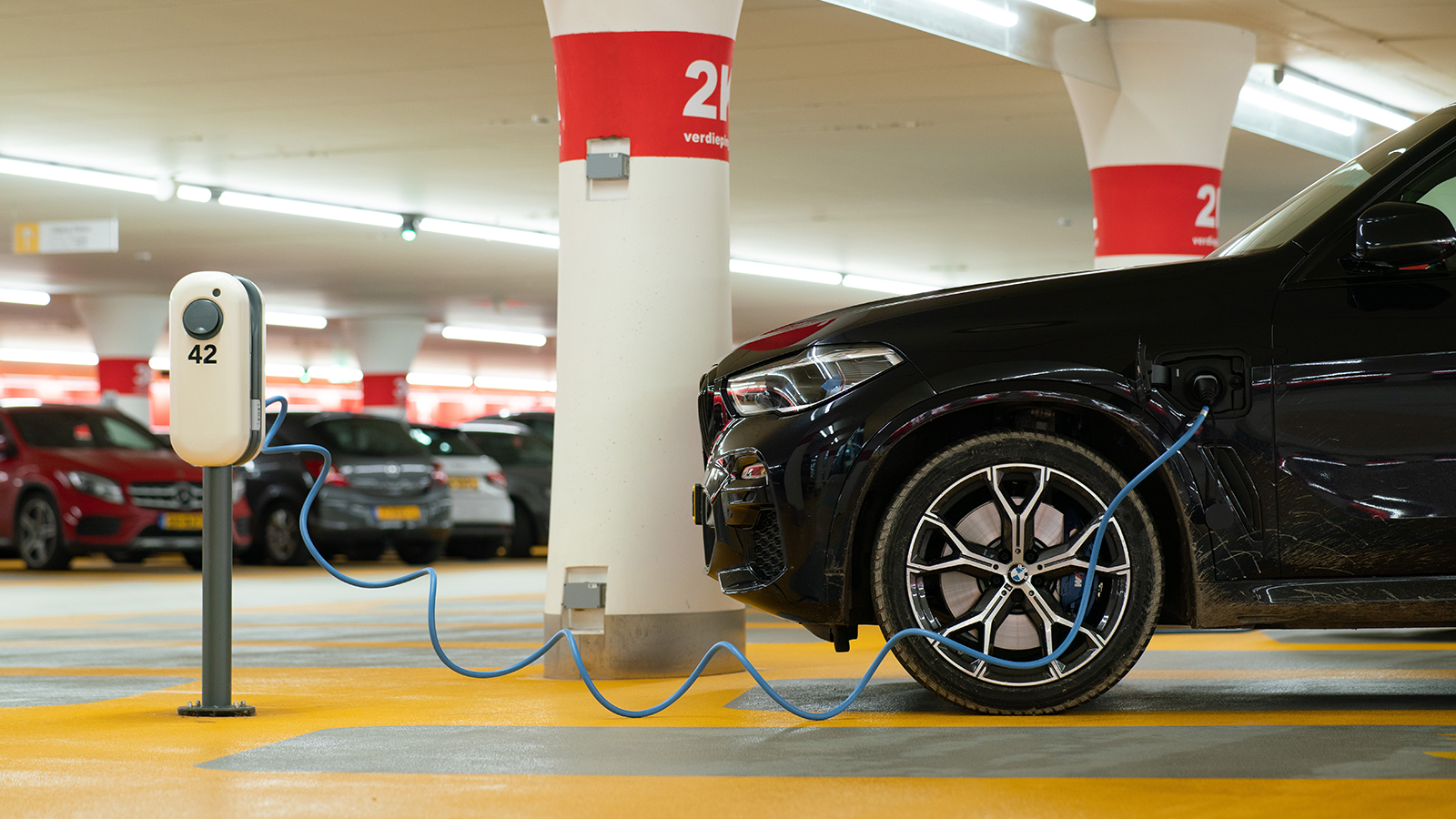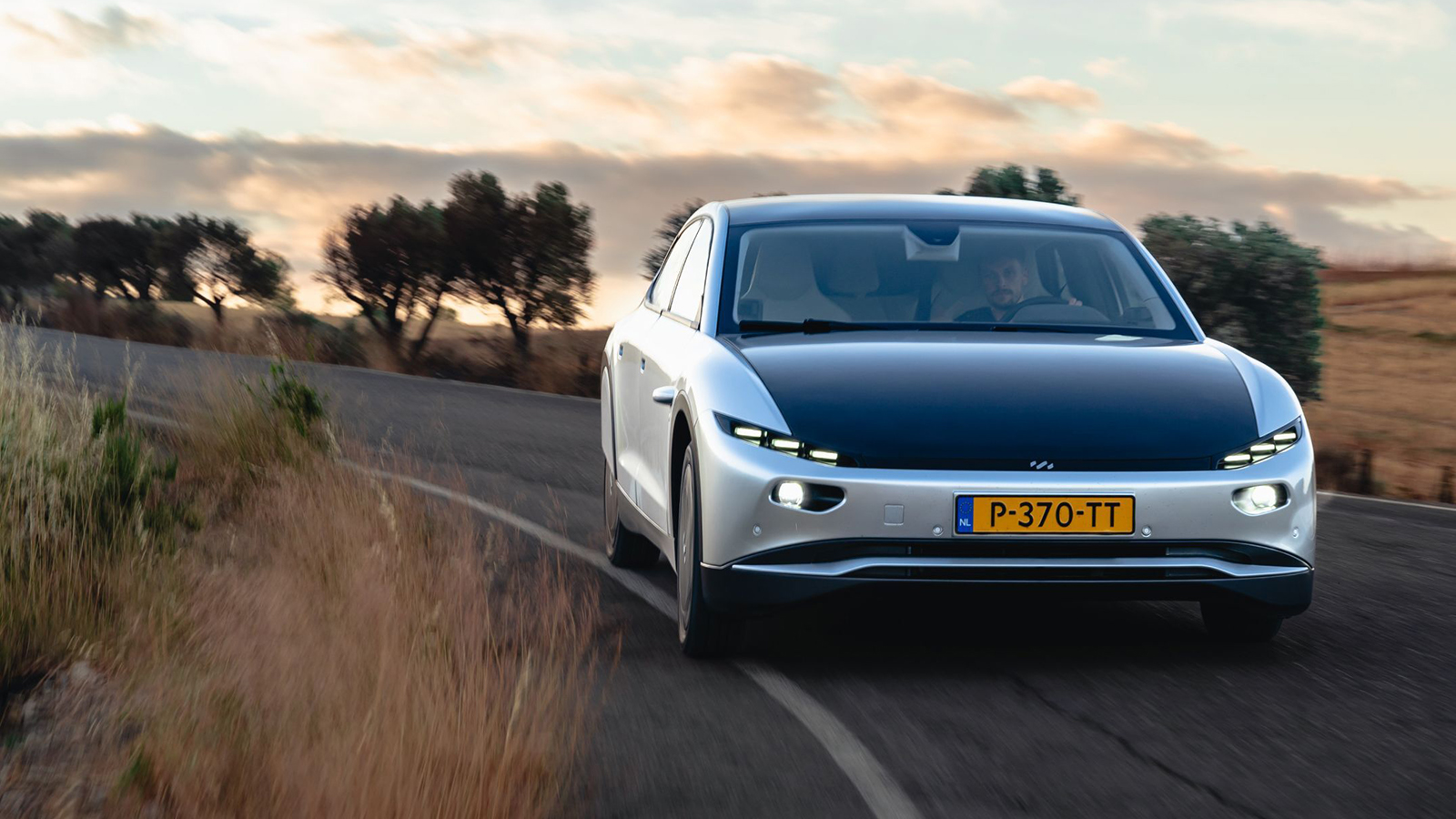Will EVs match the cost and convenience of gas cars? Not anytime soon.

- Electric vehicles (EVs) have yet to reach parity with gas-powered vehicles in terms of cost, charging time, and range.
- When will there be an EV that has 400 miles of range, charges in under 10 minutes, and costs $30,000? Chao-Yang Wang, a professor of mechanical engineering at Penn State University who specializes in batteries and fuel cells, estimates it might be more than a decade.
- To achieve a $30,000 price with a 10-minute charge time, Wang thinks consumers will have to sacrifice on range — at least in the near term.
Although electric vehicle (EV) sales are rapidly rising in the United States, they still made up just 7.9% of new car sales in the third quarter of 2023.
When Pew Research Center asked Americans in July 2023 about their views of EVs, 50% of those surveyed replied that they were “not too or not at all likely” to purchase one, while 38% said that they were “somewhat or very likely” to do so. Chief amongst EV skeptics’ gripes were concerns about range, charging speed, and price.
The simple fact is that many Americans won’t consider switching to an EV until EVs are functionally equivalent to gasoline-powered vehicles and similarly priced. Gas vehicles today have a median range of around 400 miles, refuel in under five minutes, and typically cost between $25,000 and $45,000. The EV models currently sold in the U.S. have a median range of 250 miles, recharge 10% to 80% in 18 to 40 minutes, and have a median cost of $57,000. For consumers who just want an affordable, convenient car that works, an EV can be a tough sell.
The price divide is more stark when you consider that there are only eight EVs available for under $40,000 in the U.S., all sedans or small SUVs. By itself, automaker Toyota makes 11 gas models in that price category — cars, SUVs, trucks, and vans among them.
Parity in cost, range, and charging
So, when will EVs reach true parity with gas cars? To put some concrete metrics on the question, when will there be an EV that has 400 miles of range, recharges in 10 minutes or less, and costs $30,000?
Recent trends provide reason for optimism. In 2011, the median range for an EV was 80 miles. By 2022, it was 250. Between September 2022 and September 2023, the average cost of an EV in the U.S. fell 22.4%. This boon for consumers was made possible by falling battery pack prices and rising battery energy density. The energy density of lithium-ion batteries has increased by more than eight times since 2008 while costs have fallen nearly 90%.
Chao-Yang Wang, a professor of mechanical engineering at Penn State University specializing in batteries and fuel cells, tempered this rosy outlook in an email interview with Big Think. He has created an EV battery that charges in 10 minutes and is in the process of commercializing it.
Wang explained that a future mid-size EV would likely need a 100-kilowatt-hour battery to achieve that 400 miles of range. To recharge such a battery to full in 10 minutes, it would need to take 600 kilowatts of power for 10 minutes straight. Not only would this rate of energy transfer severely degrade current batteries, but it is also about twice as much as commercially available EV fast-chargers are capable of delivering. Moreover, having many of these chargers side by side would constitute a significant power demand, presenting cost challenges to establishments hosting such charging stations and stability challenges for the power grid if these stations become widespread.
The cost would also be an issue for a 400-mile-range EV, Wang said. Even if battery pack costs fall to $80 per kilowatt-hour, well below the Department of Energy target of $100, an EV’s battery would still likely cost twice as much as a gas car’s power train, making a $30,000 purchase price challenging for automakers to hit.
To achieve a $30,000 price with a 10-minute charge time, Wang said consumers will have to sacrifice on range, at least in the near term. With some of the new, lighter 60 kilowatt-hour batteries on the horizon, an EV could achieve 250 miles of range and quickly charge to full with the 350-kilowatt fast chargers available today.
“In short, we will see a future of 60kWh battery EVs, 10-min rechargeable anywhere and anytime to eliminate range anxiety and charging anxiety, and costing $30,000 per car so there is no more cost anxiety,” he speculated.
It remains to be seen whether consumers will settle for this compromise. It also remains to be seen whether EV manufacturers will deliver. Three years ago, Tesla CEO Elon Musk promised a $25,000 EV within the next three years. Tesla’s cheapest car today, the Model 3 sedan, is just over $37,000.





